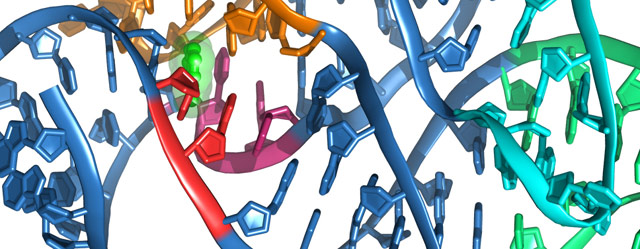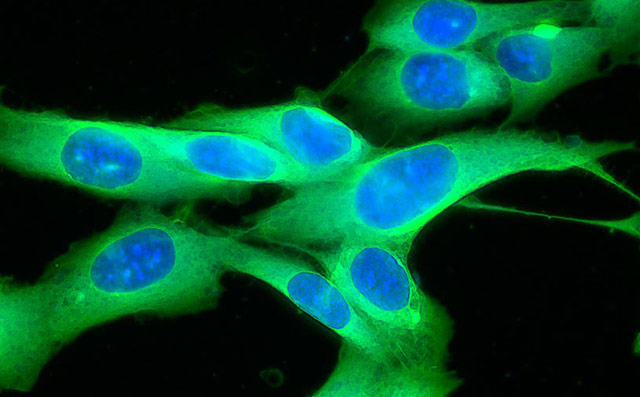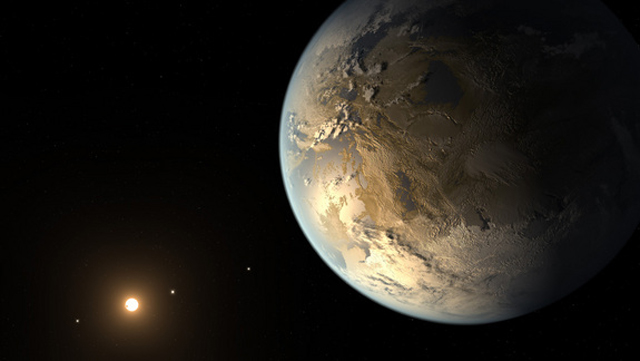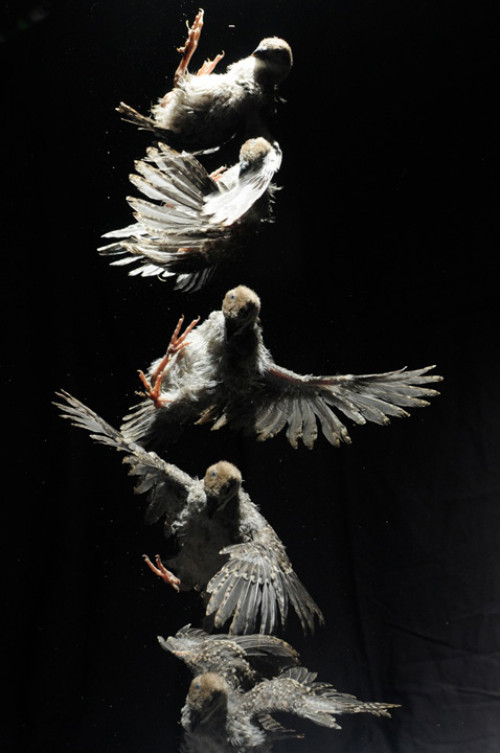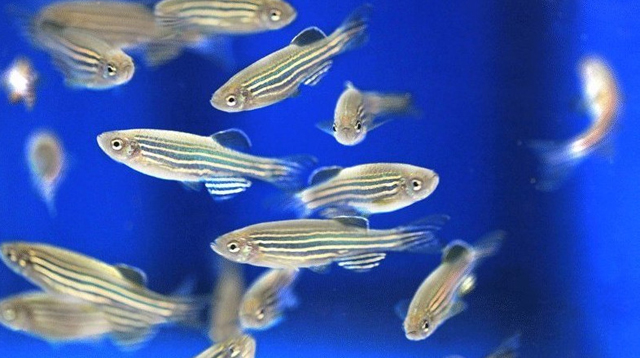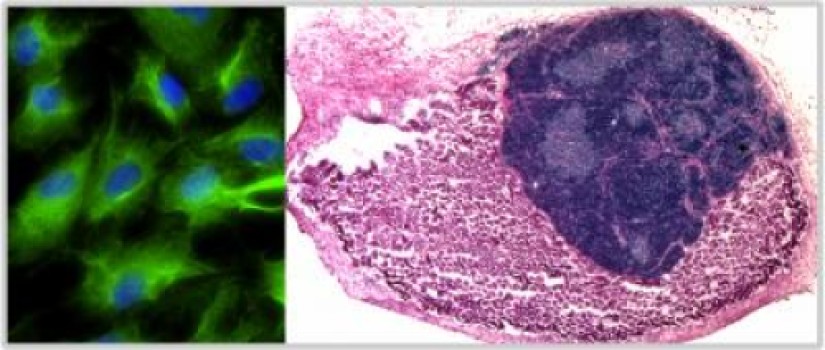Although there have been more than two thousand studies documenting that GMOs do not pose an unusual threat to human health, questions about the safety of genetically modified foods remain in the minds of many consumers. Gilles-Eric Séralini, in his retracted GMO corn study (laterrepublished in a pay for play journal without peer review), claimed rats fed…
Read more
19-year study of trillions of meals shows GE crops do not harm food-producing animals, humans


